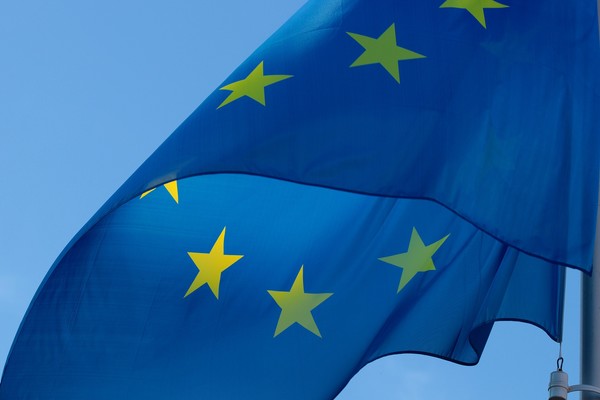Euroscepticism: Should We Be Concerned?
Anti-EU sentiments appear to be on the rise, as shown recently by the victory of far-right AfD in eastern Germany and the decision of a Polish constitutional court against the primacy of EU law. In this Spotlight, we examine whether anti-EU rhetoric and policies could have far-reaching and long-lasting impact not only on European integration but on globalism and international cooperation in general.
The European Union (EU) was formed in the wake of war. In keeping the interests of European countries tightly aligned, it glued together the vastly different countries. EU member states are economically and politically linked. Thus, the continuing existence of the EU seems to indicate that, at least to some countries, globalization works: the benefits of globalization outweigh the downsides.

While it has proponents, the EU also has a fair share of critics. Alongside the eurozone, refugee, and coronavirus crises that have strained relations between the European countries, Euroscepticism has been on the rise; some even prophesize the end of the EU and the demise of globalization.
However, it would be hasty to suggest that this rise in Euroscepticism would lead to the downfall of the EU and end globalization. “Eurosceptic” is often used as a catch-all term for the EU’s critics, who may be expressing simple disenchantment or complete intolerance. However, not all critics are Eurosceptics, and not all Eurosceptics are hard Eurosceptics (those who outright oppose the EU). Failing to realize this difference can lead to confusion and encourage catastrophizing the rise in Euroscepticism.
Soft Eurosceptics oppose certain EU policies or institutions that do not align with national interests, but they do not object to EU membership. Placing national interests over common interests may seem anti-globalist, but it is inevitable. With members of several EU committees being chosen directly or indirectly from each nation, it is no surprise that selected members wish to please the nation they represent. This is not an uncommon phenomenon; for example, the permanent members of the United Nations Security Council are consistently vetoing resolutions that harm themselves or their allies.
While it would be ideal for nations to willingly make compromises for the greater good, forcing that sacrifice might backfire, boosting anti-globalism in the nations making the most compromises. Instead, reaching an agreement that would eventually benefit all countries, whether it is bolstered trade relations or a more powerful EU, would keep more member states happy. Focusing on the overall gain for EU citizens, rather than the loss of a single nation, would counter the idea that EU policies demand “sacrifices”.
In addition, it is critics who drive improvement. By understanding that the EU can be improved and vying for those improvements, these critics may actually create a more effective and prosperous EU, and therefore promote the values of globalization. The EU will change, as time renders long-held policies and procedures meaningless. Since the happy supporters of the EU would find little fault in these glitches, it is up to the EU’s critics to preserve the EU’s relevance.
While there has been a rise in hard Eurosceptics, some metrics suggest that people generally have a stable and positive opinion of the EU. In a Standard Eurobarometer survey conducted in June-July 2021, two-thirds of responders trusted the EU to handle the coronavirus pandemic. In addition, the left-leaning SPD party won the most seats in the recent German elections, followed by the right-leaning CDU, while the more Eurosceptic and populist parties took a back seat. While the continuing popularity of the Eurosceptic party AfD in eastern Germany may not be a cause for celebration, they are yet to be a majority, indicating that there is at least an ongoing tolerance for the EU in the country holding the most seats in the European Parliament.
Another question is whether a rise in Euroscepticism would spell the end of globalization. Globalization proposes numerous benefits: people have more choice in employment and housing, collaboration in areas like research is easier, and companies are able to expand their customer bases. Being an easy answer to cheaper production of goods and more profit, globalization is unlikely to be touched by merely a critical view towards the EU. For one, the UK continues to trade goods with the EU even after Brexit.
Ultimately, it is easy to jump to the worst case scenario to conclude that views critical of the EU would bring about the demise of international collaboration. However, while Euroscepticism may be based on anti-globalist values, Eurosceptics represent neither a majority nor an outright threat against globalization. That being said, it is important to address the reason behind people’s deteriorating trust in the EU. The current course of action is to tackle common criticisms against the EU such as lack of transparency, provide a sense of shared identity among EU citizens, and handle the crises EU citizens are facing both swiftly and sufficiently. In short, opposition to the EU can only be combated by creating a high-functioning and effective European Union.

